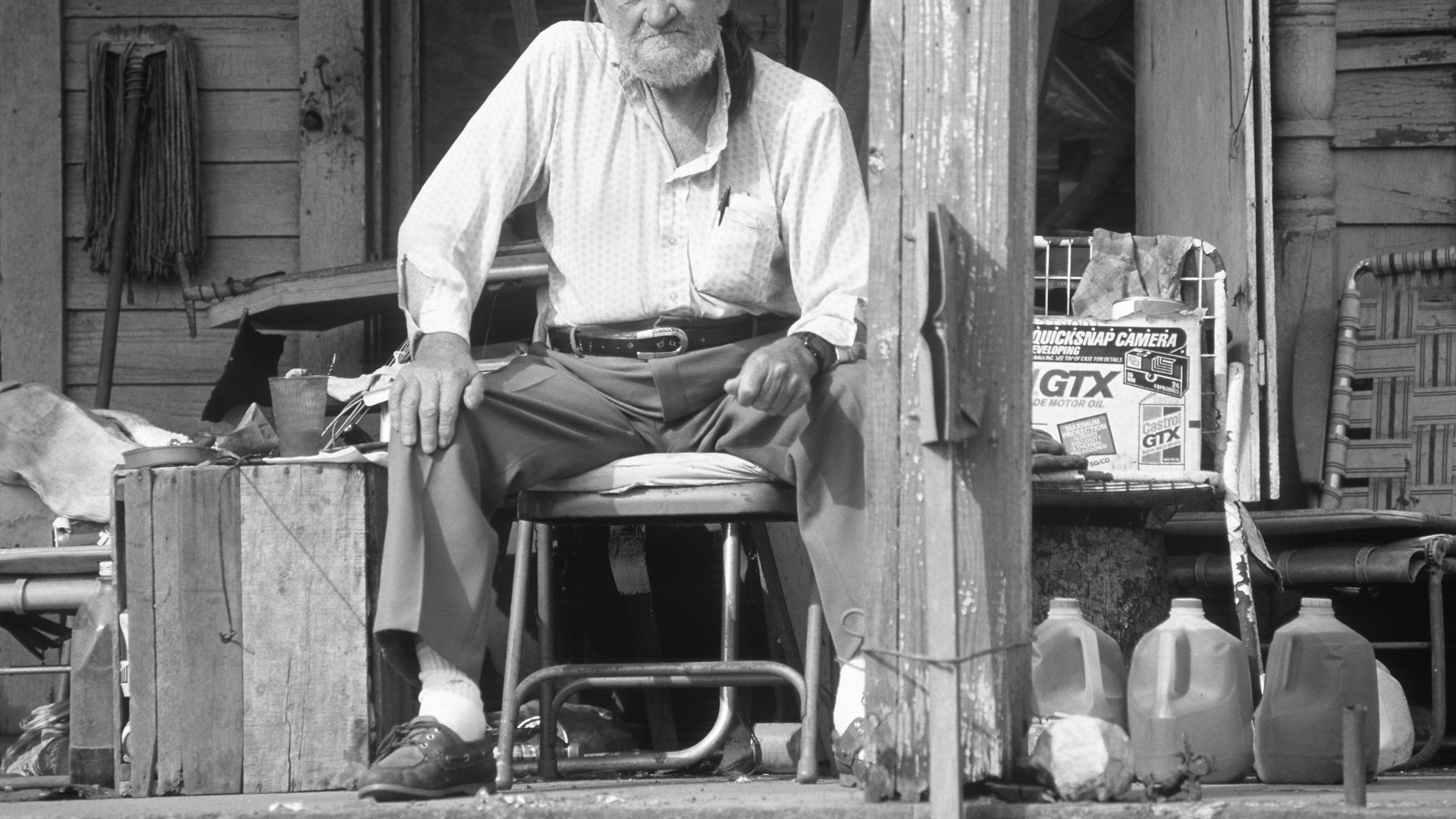If you met J. D. Vance, you’d have a hard time believing he grew up among the working poor. The former Marine and graduate of Yale Law School works as a biotech executive in Silicon Valley—the last place you’d expect to find a self-identified hillbilly.
In Hillbilly Elegy: A Memoir of a Family and Culture in Crisis (Harper), Vance takes an anguished look at white working-class dysfunction: “I want people to understand what happens in the lives of the poor, and the psychological impact that spiritual and material poverty has on their children.”
The troubles of the working poor are well known to policymakers, but Vance offers an insider’s view of the problem. As one who “made it out,” he wants to bridge the gap between what those at the top believe those at the bottom need and what those at the bottom really need. “Powerful people,” he observes, “sometimes do things to help people like me without really understanding people like me.”
Vance’s story begins in Kentucky, home to aunts, uncles, and cousins who stayed behind when his grandparents moved to Ohio to work in the steel mills. Steeped in Appalachian culture, these transplants found it hard to shake certain ancestral vices. Vance’s parents split while he was young, and his mother battled substance abuse while cycling through romantic partners.
This meant Vance had multiple “fathers” and shifting versions of “family.” He was never being sure how to answer simple questions like, “How many brothers and sisters do you have?” “The constant moving and fighting,” Vance writes, “the seemingly endless carousel of new people I had to meet, learn to love, and then forget: This—and not my subpar public school—was the real barrier to opportunity.”
After a run-in with social services, Vance eventually moved in with his grandmother (Mamaw), gaining enough stability to graduate high school. Despite good grades and scholarships, Vance initially opted for the Marines over college. Only then did he begin to overcome his community’s “learned helplessness”—the belief that no matter how hard you work, you cannot change your life.
Vance is not ashamed of his roots. But he cannot abide the suspicion of institutions and outsiders. Nor can he tolerate his people’s quickness to blame others for their problems and their certainty that the deck is stacked against them. Such perspectives help explain the white working class’s attachment to political leaders who promise good jobs, better lives, and protection from outsiders. When you lose hope that you can better your own circumstances, someone else has to do it for you.
The Marines taught Vance that his choices could bring success. The military gave him the self-respect that comes from earning a solid wage and providing for an extended family: “To laugh and joke with the people I loved most as they scarfed down the meal that I’d provided gave me a feeling of joy and accomplishment that words can’t possibly describe.”
Throughout Hillbilly Elegy, Vance chronicles a complicated relationship with Christianity. While Mamaw read the Bible faithfully and taught him to trust Jesus, she believed the organized church, like other institutions, was run by a “bunch of crooks.” Similar attitudes may depress church attendance rates among the working poor, but Vance sees a deeper problem. Can a child born into poverty “access a church that teaches him lessons of Christian love, family, and purpose that his own life often deprives him of”?
Those involved in ministry could take a harder look at aspects of church life that might hinder “the least of these.” Are our children’s and youth programs premised on stability at home? Do our discipleship programs assume a certain educational level? Does the church operate on “banker’s hours”?
Like so many social quandaries, the hillbillies’ plight has no simple solution. But that’s no reason to quit cultivating churches that welcome and honor the working poor. “The message of Christian love,” writes Vance, “might just save kids like me before it’s too late.”
Hannah Anderson is the author of Made for More: An Invitation to Live in God’s Image (Moody) and the forthcoming Humble Roots: How Humility Nourishes and Grounds Your Soul (Moody). She lives with her family in Virginia’s Blue Ridge Mountains.











